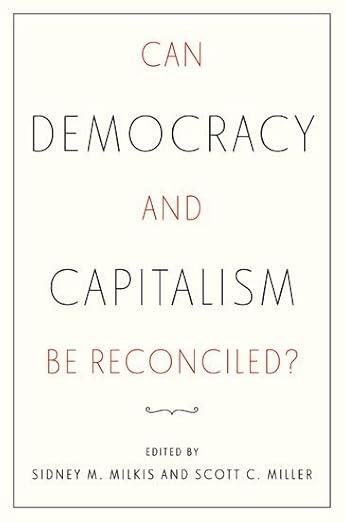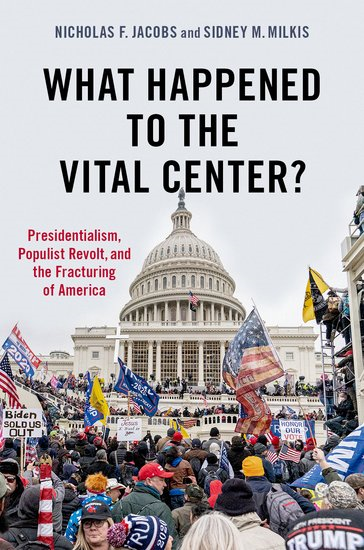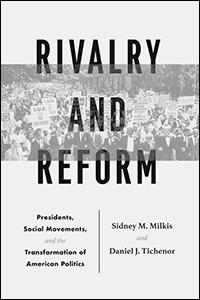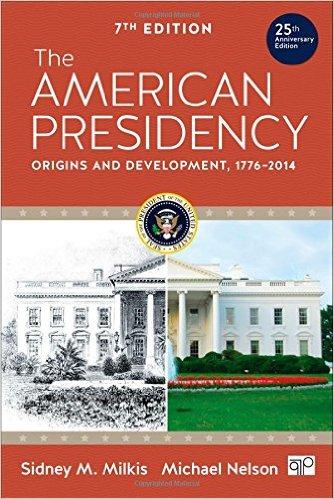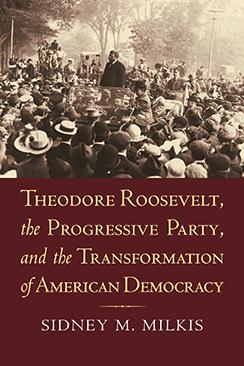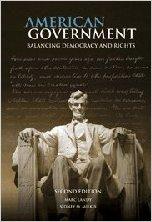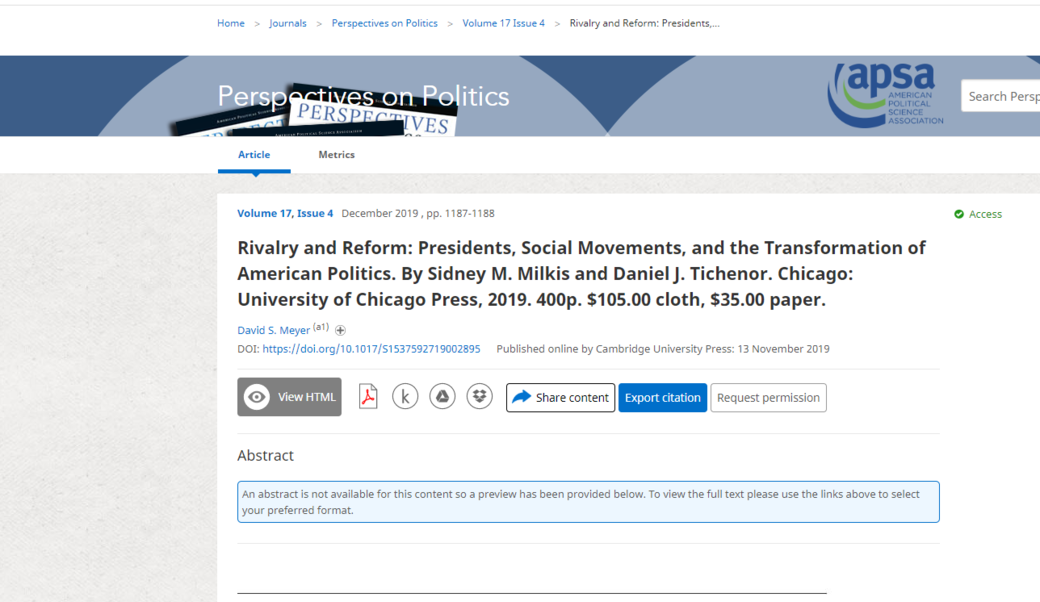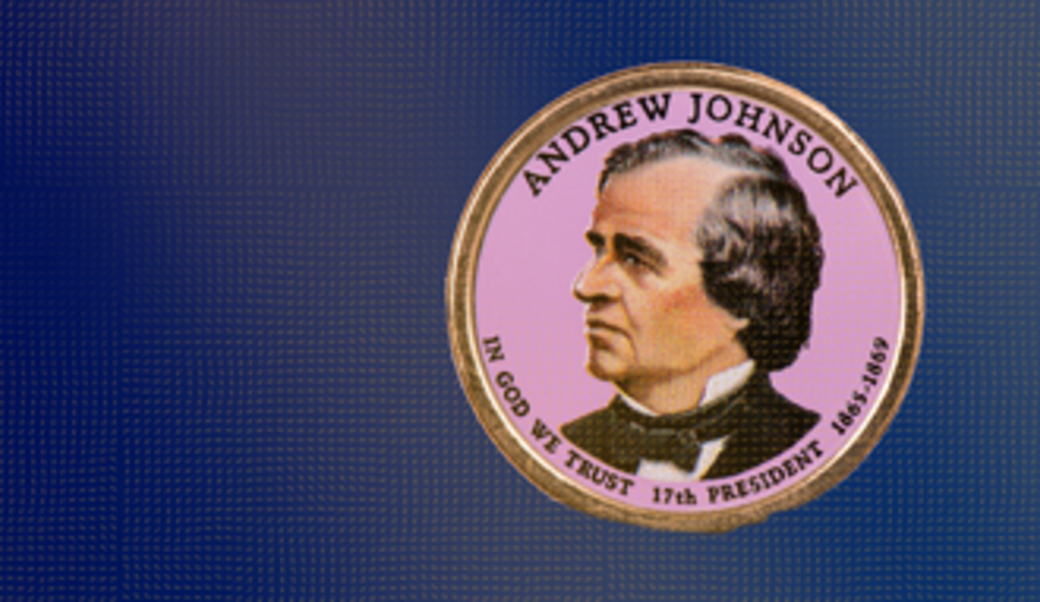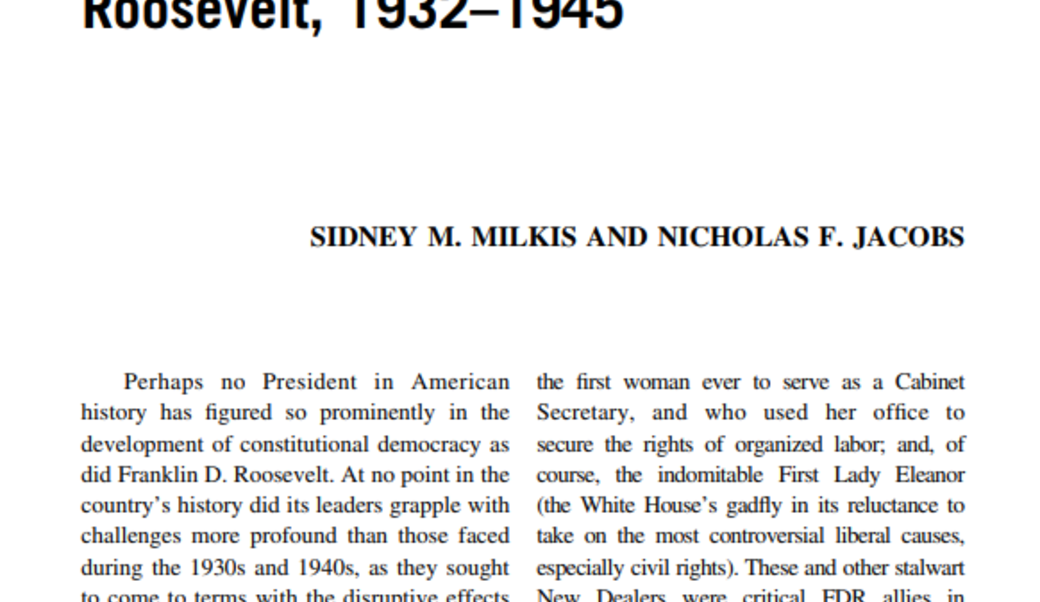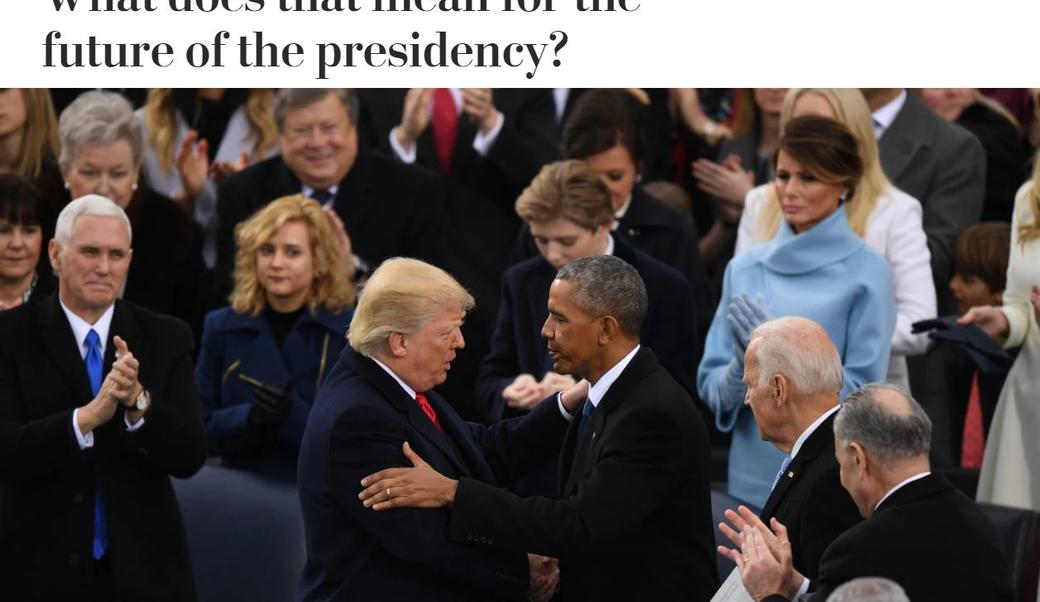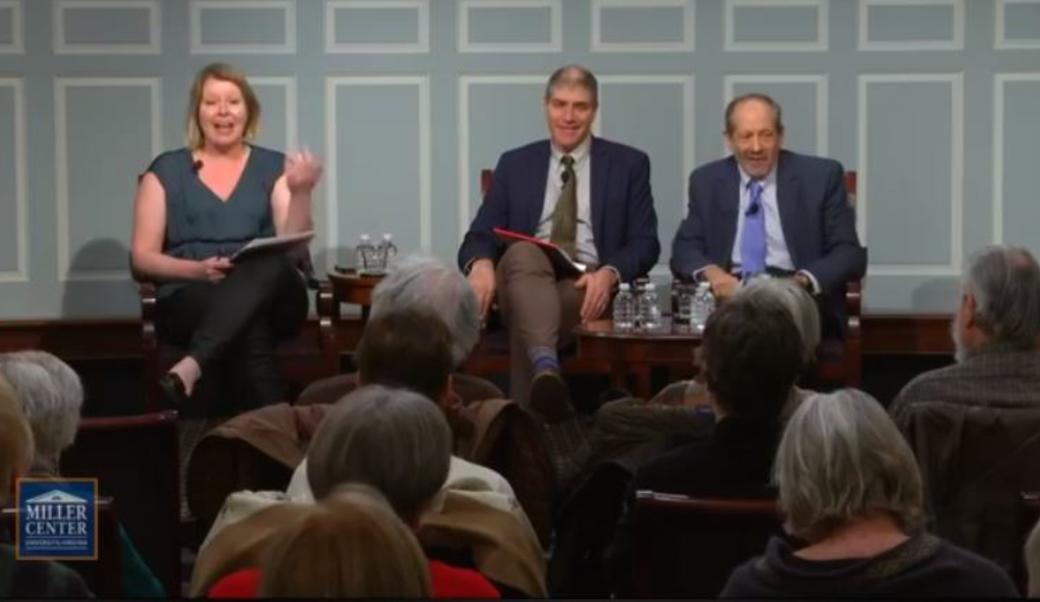White Burkett Miller Professor of Governance and Foreign Affairs
Fast Facts
- Author of What Happened to the Vital Center?
- White Burkett Miller Professor of Governance and Foreign Affairs
- Award-winning educator
Areas Of Expertise
- Social Issues
- Governance
- Elections
- Founding and Shaping of the Nation
- Political Parties and Movements
- Politics
- The Presidency
Sidney M. Milkis is the White Burkett Miller Professor of Governance and Foreign Affairs and a professor of politics. His research focuses on the American presidency, political parties and elections, social movements, and American political development. In addition to teaching undergraduate and graduate students, he regularly gives public lectures on American politics and participates in programs for international scholars and high school teachers that probe the deep historical roots of contemporary developments in the United States.
Milkis earned a BA degree from Muhlenberg College and a PhD in political science from the University of Pennsylvania.
Sidney Milkis News Feed
Sidney Milkis and Daniel Tichenor rightly note that the study of movements and politics sometimes falls between disciplinary and subdisciplinary cracks in sociology and political science. Their most welcome book is a powerful argument to jump the cracks and focus on interactions between movements and more conventional institutional politics, particularly the presidency. Reading broadly in social movement theory, and deeply in the cases they present, the authors have opened a wide area of inquiry and provided a substantial first step that is sure to inspire and inform a new generation of scholars.
American Politics
While both presidents are demagogues who faced impeachment, today’s political reality means that Trump can do more damage.
Scholars and journalists have pored over Theodore Roosevelt for so long, it is difficult to imagine a contemporary author revealing anything novel about his life and times. Clay Risen’s “The Crowded Hour” takes on the challenge.
The Washington Post
Perhaps no President in American history has figured so prominently in the development of constitutional democracy as did Franklin D. Roosevelt.
Journal of Supreme Court History
Cues from party leaders count for less, as candidates build their own followings. Sid Milkis, a political scientist at the University of Virginia, argued that, for all their differences, Trump and Obama share something more than nontraditional résumés. “They see or saw themselves as heads of a movement. They didn’t just envision themselves as presidential candidates,” he said. “And secondly, both kept their distance — and you could say weakened — the official party organization.”
The Washington Post
"Rivalry and Reform": Join the Miller Center's (& the University of Virginia's) Sid Milkis and the University of Oregon's Dan Tichenor as they discuss their new book from University of Chicago Press on how presidents and social movements try to use each other to achieve political ends. Lincoln, LBJ, and Reagan all serve as key examples of this fascinating dynamic.
Facebook
